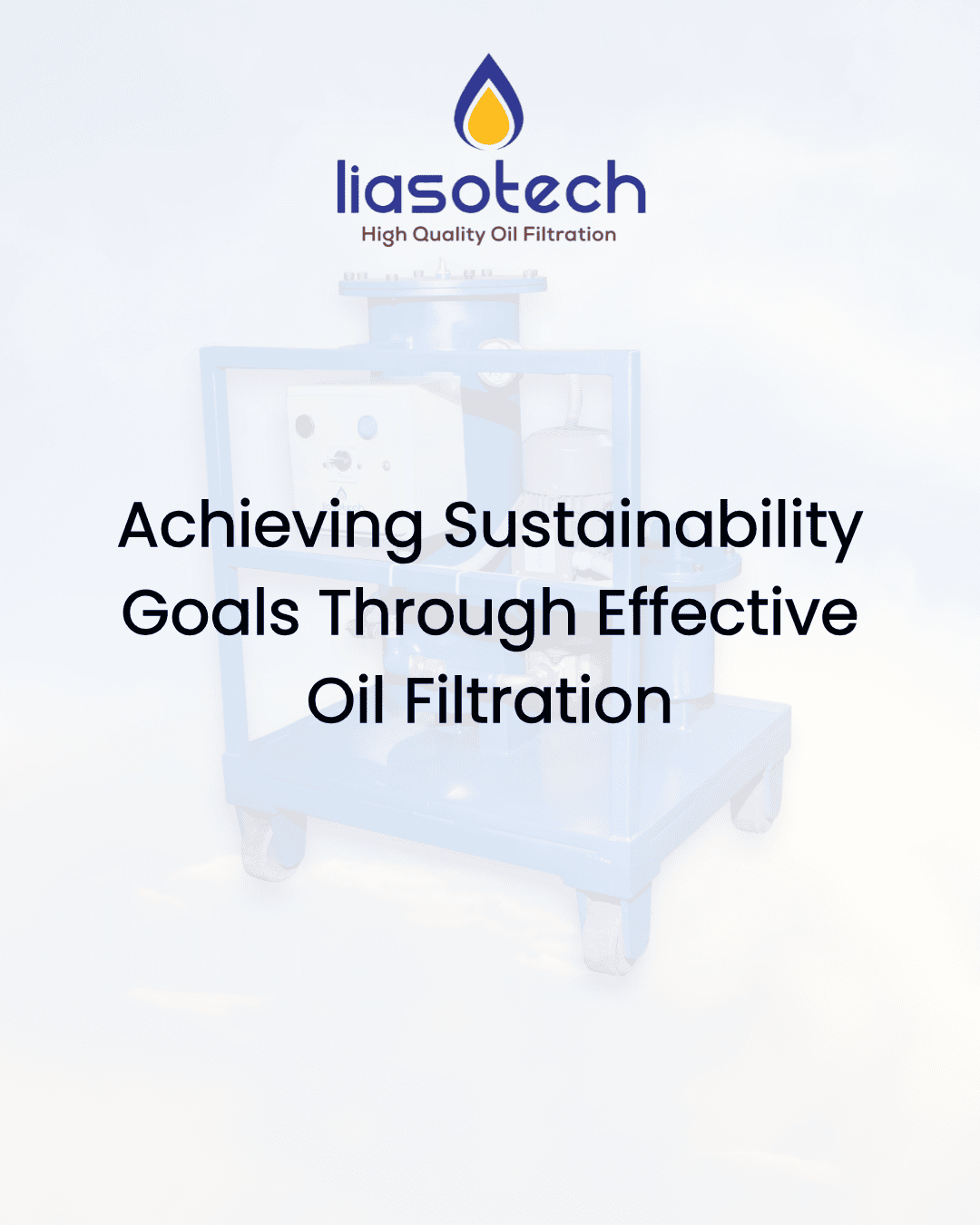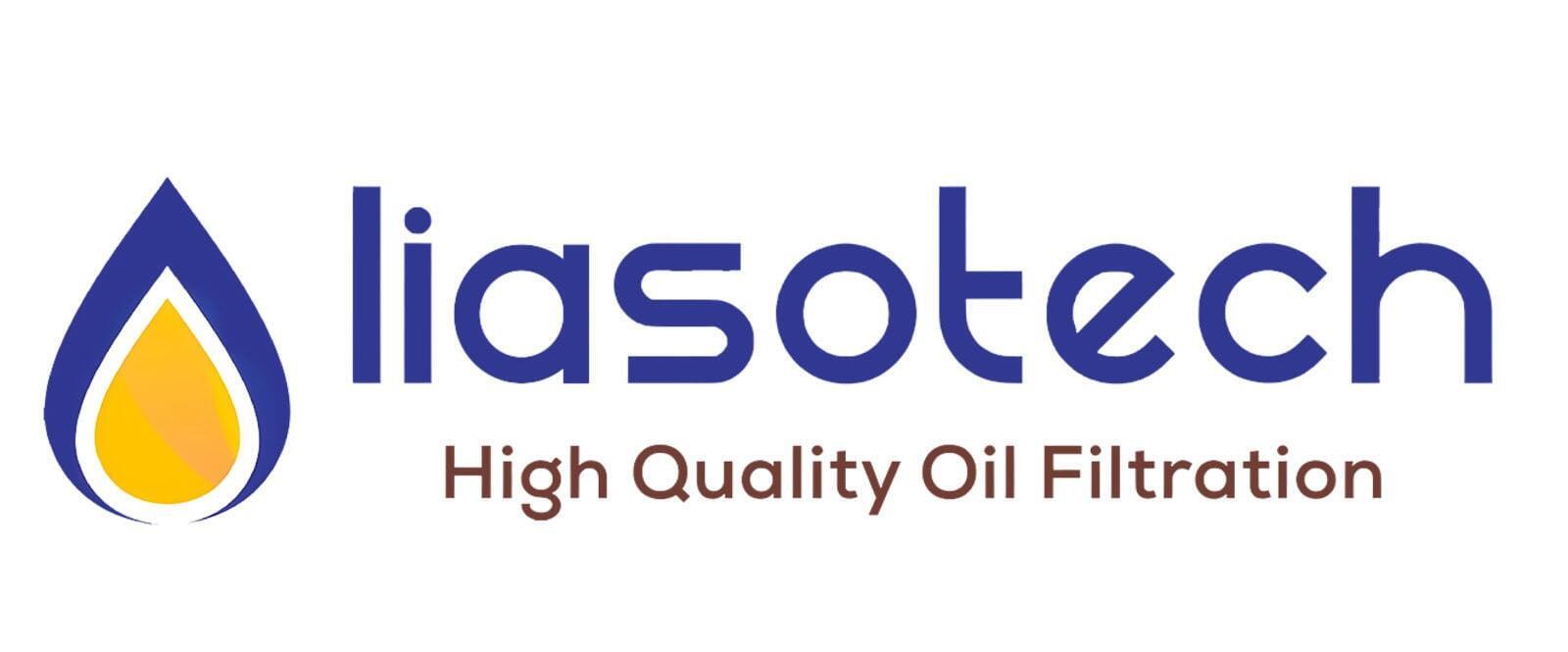
In today’s industrial landscape, sustainability is no longer an option—it is a necessity. From reducing environmental impact to optimizing operational efficiency, companies across sectors are under increasing pressure to align with global sustainability goals. One of the most overlooked yet impactful ways to contribute to this mission is through effective oil filtration.
The Hidden Cost of Oil Contamination
Industrial oils such as lubricants and hydraulic fluids are vital for the smooth operation of machinery. However, over time, these oils are prone to contamination by particulates, water, sludge, and varnish. Contaminated oil not only leads to accelerated equipment wear but also causes frequent breakdowns, increased energy usage, and higher maintenance costs. The more oil that gets replaced unnecessarily, the more waste is generated—directly affecting both the environment and the bottom line.
Oil Filtration: A Smart Step Towards Sustainability
Effective oil filtration addresses the problem at its root by removing contaminants and extending oil life. This reduces the frequency of oil disposal and replacement, thereby lowering the consumption of natural resources and minimizing environmental waste. Companies that adopt advanced filtration systems can achieve:
Reduced Carbon Footprint: Lower oil usage means fewer resources extracted, refined, and transported.
Waste Minimization: Less frequent oil changes result in reduced hazardous waste generation.
Energy Efficiency: Cleaner oil improves machinery efficiency, reducing energy consumption and greenhouse gas emissions.
Equipment Longevity: Properly filtered oil extends the life of equipment, decreasing the need for spare parts and new machinery.
Liasotech’s Role in Sustainable Filtration
At Liasotech, we offer cutting-edge oil filtration and vacuum dehydration systems that are engineered to meet the unique needs of diverse industries—from power and steel to plastics and mining. Our solutions not only restore oil quality to near-new conditions but also help clients significantly cut down on waste and energy usage.
Whether you are aiming to meet internal sustainability benchmarks or preparing for rigorous third-party audits, implementing effective oil filtration is a proactive step that delivers measurable results.
Sustainability isn’t achieved through one big change—it’s the sum of many small, strategic improvements. Investing in effective oil filtration is one such move that drives environmental responsibility while enhancing operational reliability. It’s time to rethink your oil management practices—not just for compliance, but for a cleaner, greener future.
